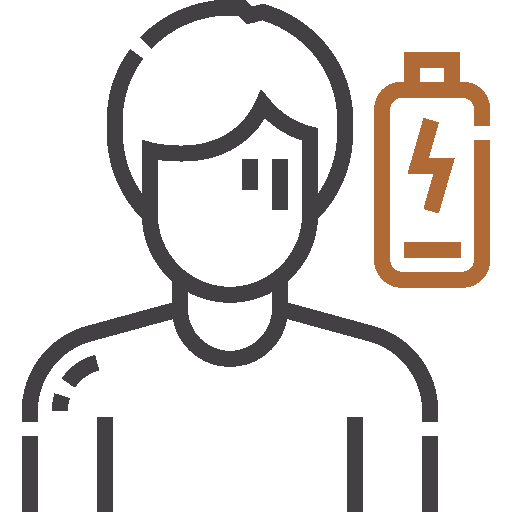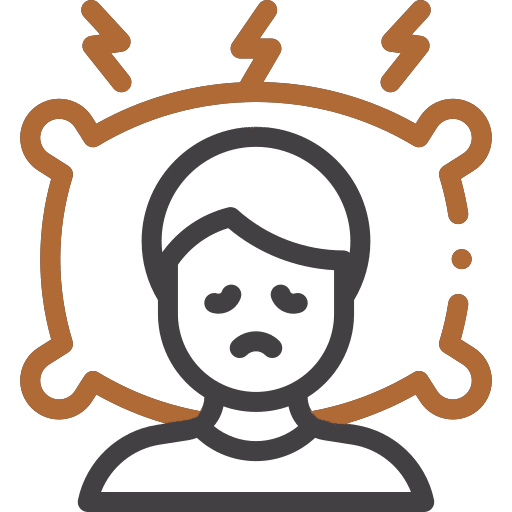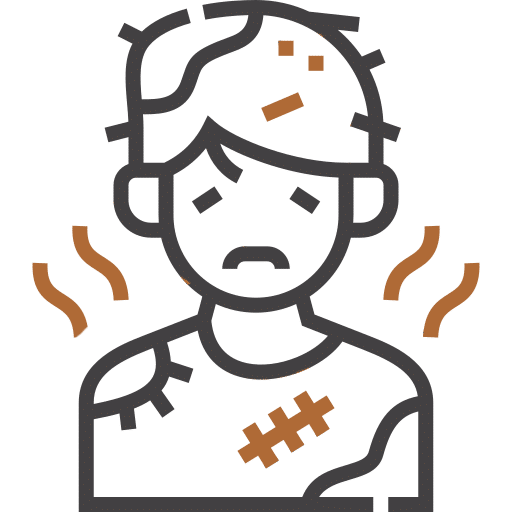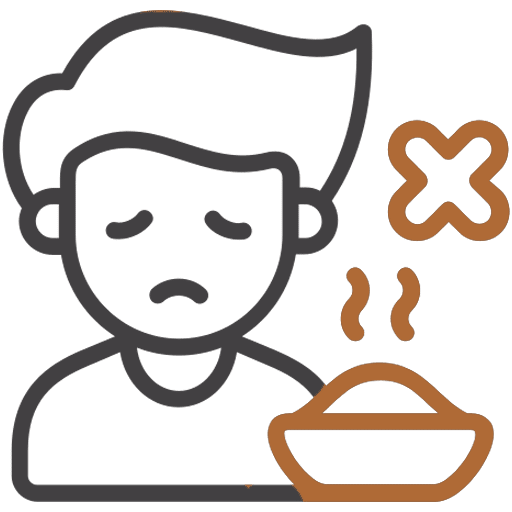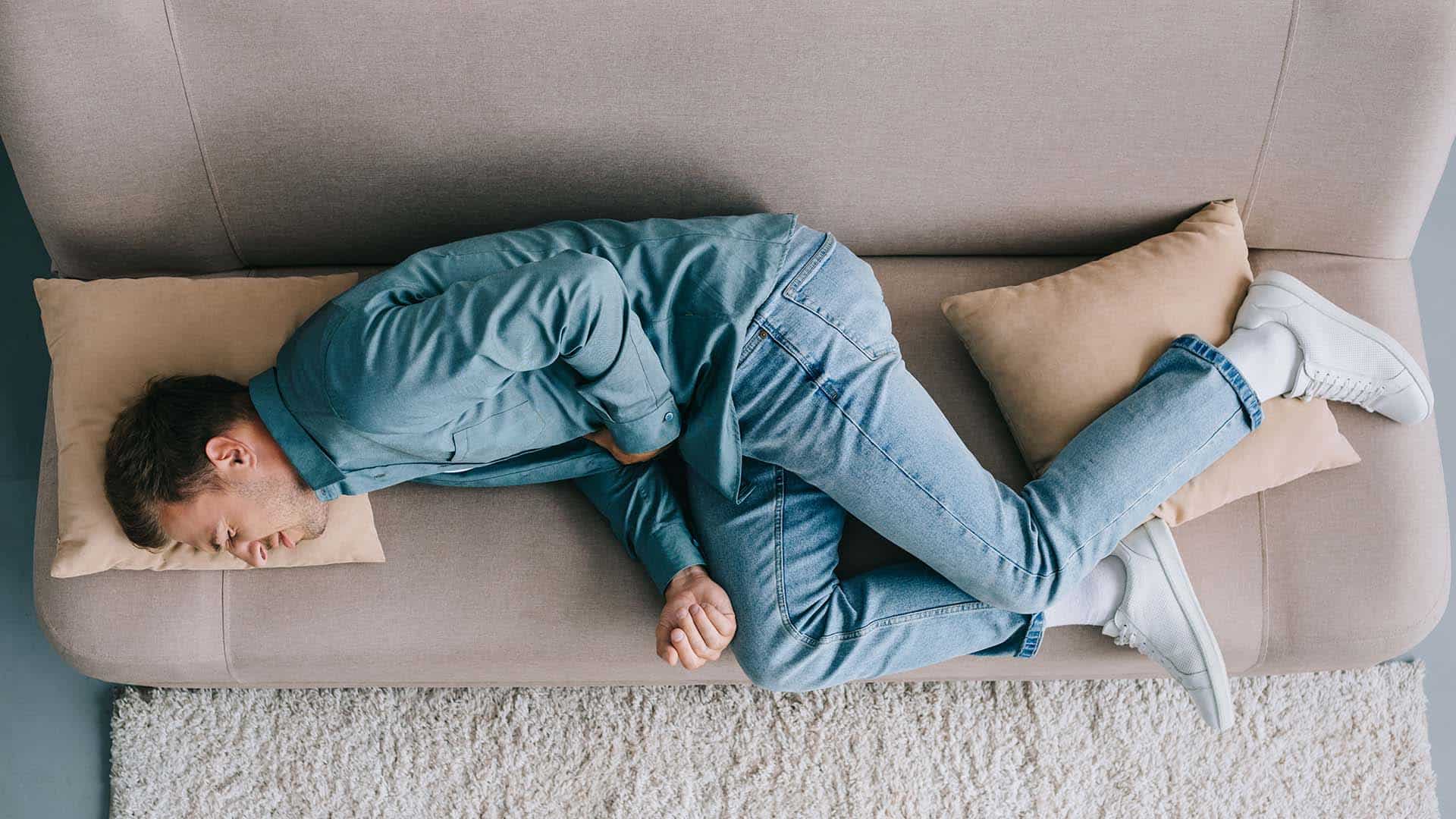Approximately 5-10% of Modafinil users report they experience withdrawal symptoms after stopping the medication, despite its generally low potential for dependency. Understanding these symptoms is essential for those who rely on Modafinil for cognitive enhancement, as withdrawal can affect mood, focus, and energy levels.
Modafinil withdrawal symptoms vary, with common experiences including fatigue, depression, and sleep disturbances. By exploring these symptoms, users can better prepare for the effects of discontinuation and learn effective ways to manage the transition.




